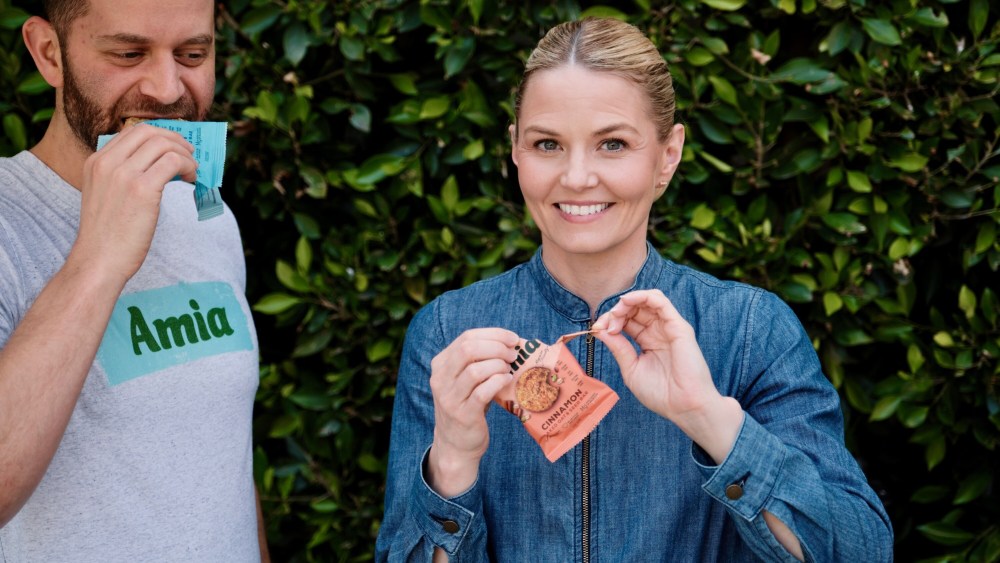LONDON — Mulberry is raising fresh funds following a tough 12 months that saw it swing to a pretax loss of 34.1 million pounds amid declining revenue and increased operational costs.
The British accessories brand said Friday it plans to issue new shares worth 10 million pounds, which will be underwritten by its main shareholder Challice Ltd., which is controlled by the Singapore-based Ong Beng Seng and his wife Christina Ong.
Both Chalice and Frasers Group, a substantial minority shareholder, have preferential rights over that tranche of new shares.
You May Also Like
Mulberry is offering other shareholders the right to participate in a retail offer worth 750,000 pounds.
Mulberry said the aim of the overall capital raise is to strengthen the balance sheet and empower the new chief executive officer, Andrea Baldo, to execute his strategy.
As reported, Baldo was named CEO in July, replacing Thierry Andretta, who left the company with immediate effect.
Baldo, who joined Mulberry on Sept. 1, was most recently CEO of the Copenhagen-based brand Ganni, and has more than two decades’ experience in fashion and accessories.
In Friday’s results statement, Baldo described Mulberry as a “beloved brand with a proud heritage, globally renowned for crafting beautiful, high-quality products from our Somerset factories.”
He said that he’s been working closely with the Mulberry teams in the U.K. and internationally “to drive swift, decisive actions. In the short-term, we are focused on enhancing operational efficiency and implementing targeted product, pricing and distribution strategies to regain market share in our core market of the U.K.”
He added the immediate measures were “critical,” and that he’s committed to “conducting a comprehensive review to develop a refreshed strategy that will position the group for both short-term recovery and long-term, sustainable growth.”

Mulberry chairman Chris Roberts addressed the difficulties that Mulberry has been having in a difficult climate for luxury sales.
“Over the course of the year, the macro-economic environment presented significant challenges for the luxury sector, with markets across the globe facing a tightening of consumer spending,” Roberts said.
“While the financial performance for the year was disappointing, we believe that the combination of the appointment of a new CEO, our new debt facility, and the capital raising announced today will put the group on a firm footing to ensure we are well set up for future growth. We are confident in our long-term prospects as we move forward into this next chapter,” he added.
In the 12 months to March 30, group revenue fell 4 percent to 152.8 million pounds. Mulberry said positive revenue growth in the first six months was offset by a challenging second half, “with ongoing macro-economic uncertainty impacting consumer spending in the luxury retail sector.”
U.K. and Asia-Pacific retail sales fell in the period, while international sales increased by 8 percent to 50 million pounds, driven by developments in Sweden, the U.S., Australia and New Zealand, Mulberry said.
Digital sales increased by 4 percent to 50.6 million pounds, representing 33 percent of group revenue.
Underlying loss before tax was 22.6 million pounds, compared with a profit of 2.5 million pounds in the previous period. Reported loss before tax was 34.1 million pounds compared with a profit of 13.2 million pounds in the previous year.
The 2025 fiscal year, which began on March 31, has gotten off to a slow start, with group revenue down 18 percent for the first 25 weeks compared with the corresponding period last year.
Retail revenue was down 14 percent with “all regions” challenged by ongoing macro-economic uncertainty.
The group said its debt facilities have been increased to 27.5 million pounds, with renegotiated covenants “to reflect the current trading environment.”
Amid the slowdown, Mulberry has not given up on its aggressive sustainability strategy.
On Sept. 18 the group was awarded B Corp Certification. The brand called it a “major milestone” in its sustainability journey and a reflection of its “purpose-led approach to progressive British luxury.”


